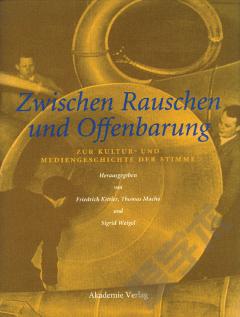Dissonant Archives —— Contemporary Visual Culture and Contested Narratives in the Middle East
----- 不和谐的档案:中东当代视觉文化和竞争叙事
Dissonant Archives: Contemporary Visual Culture and Contested Narratives in the Middle East is an edited volume of essays bringing together over 30 contributors and a series of artistâs works. Its main focus is on how artists, in producing archives (be they alternative, interrogative or fictional), are not simply questioning the authenticity, authority or authorship of the archive but also unlocking their regenerative, radical potential as political statements on the nature of historical archiving. One of the recurring issues across the Middle East, which has been further acerbated by the emergence of digital media, concerns the status and uses of archives. In this respect, Dissonant Archives: Contemporary Visual Culture and Contested Narratives in the Middle East sets out to ask two over-arching questions: How do we define the on-going relationship between contemporary art and the archive and, crucially, how do we understand the suppositional forms of knowledge that are being produced by artist-based archival practices? Archives, as this volume observes, are often viewed as ordered collections of historical documents that record information about people, places and events. This view nevertheless obscures a crucial point: the archive, whilst subject to the vagaries of time and history, is also concerned with determining the future. Throughout Dissonant Archives: Contemporary Visual Culture and Contested Narratives in the Middle East, an original argument is made concerning the urgency of this point in modern-day North Africa and the Middle East, where the archive has come to the fore as a site of social, historical, theoretical, and political contestation. In addressing these issues, Dissonant Archives is the first book to consider the ways in which renowned contemporary artists â including Emily Jacir, Walid Raad, Jananne Al Ani, Basel Abbas and Ruanne Abou-Rahme, Mariam Ghani, Zineb Sedira, and Akram Zaatari â continually utilize and disrupt the function of the archive and, in so doing, highlight a systemic and perhaps irrevocable crisis in institutional and state-ordained archiving across the region.
{{comment.content}}








 京公网安备 11010802027623号
京公网安备 11010802027623号